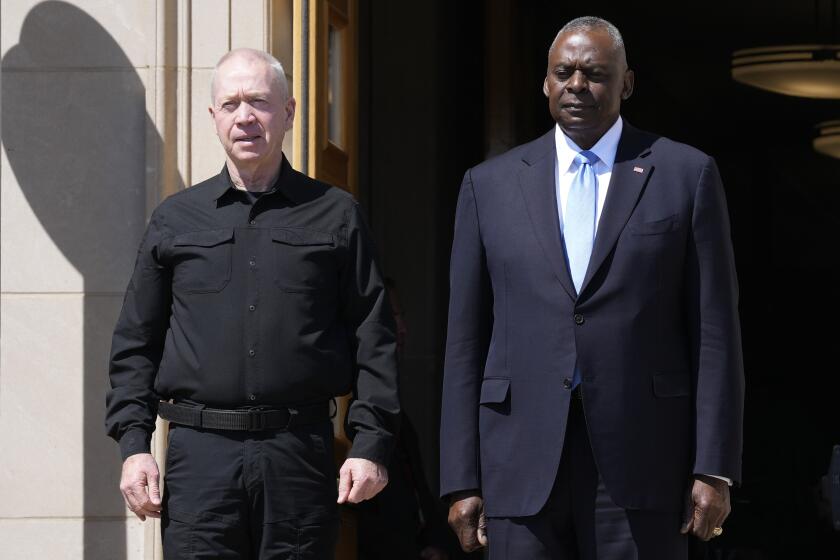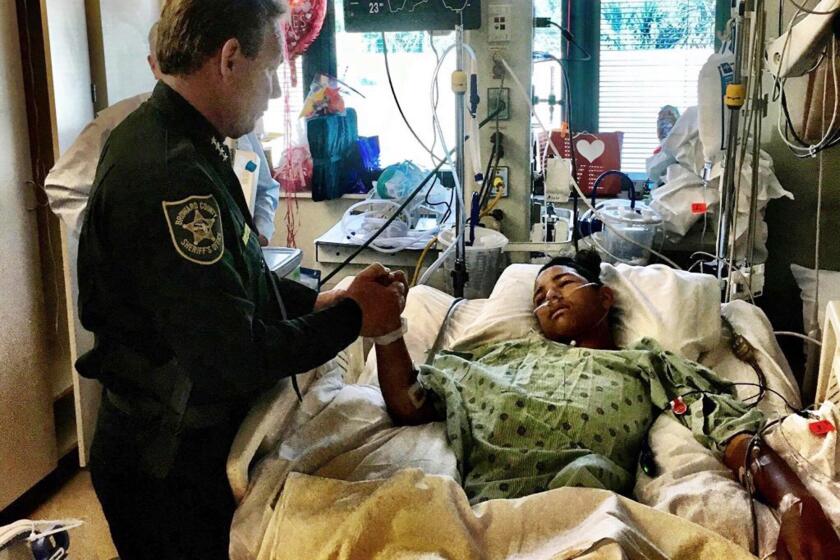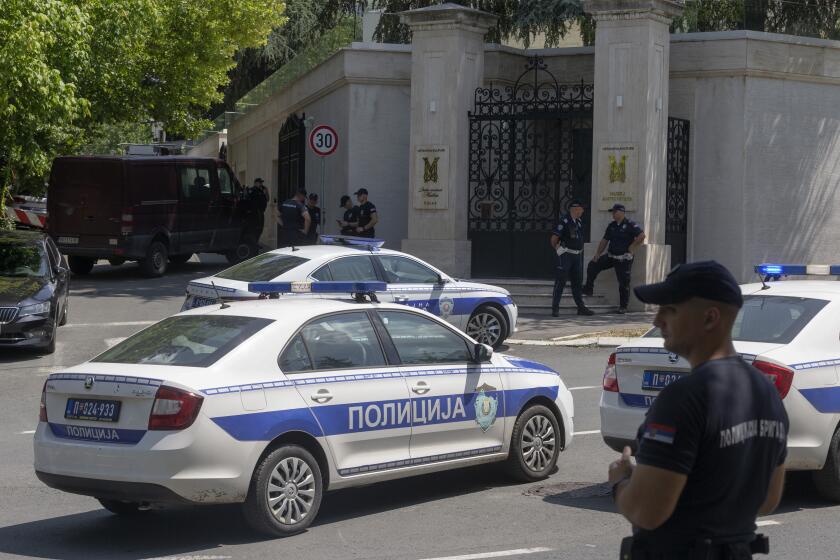Scorched Earth in El Salvador : Military Now Targets Civilians Living in the War Zone
We had just finished breakfast when we noticed the red smoke. It was pouring out of the low underbrush on a hill north of Guarjila, a repopulated community in El Salvador. In October, 1987, 1,200 Salvadorans came from the Mesa Grande refugee camp to settle in this fertile area north of Chalatenango. Their return was part of a national popular movement, unaligned with the government, to resettle refugees in the lands that they inhabited before being driven out by El Salvador’s long civil war.
Earlier that morning there had been an exchange of gunfire between about two dozen Salvadoran soldiers and what appeared to be three to five young men from the opposition force, the Farabundo Marti National Liberation Front (FMLN). The volley had broken the silence of the morning, but it did not last long. The sporadic shots of the FMLN muchachos perched on the hill were quickly subdued by the army unit crouched on the fringe of the farming community. Our post-breakfast sighting of the red smoke told that a “chopper” was coming in to retrieve a soldier downed by an FMLN marksman.
As priests on a pastoral visit, we had been told of the accelerating dangers to the people living in Guarjila. For them the war is never far away. That morning we stood alongside the church workers assigned to this repopulation site and watched the helicopter close in to pick up its wounded. With the Guarjila settlers, we, too, had been transfixed by the battle on the nearby hill, and we hoped that it would keep its distance. We hoped that it wouldn’t touch the men already at work in the fields, and the women and children tending the chores of their homes and the communal tasks of the village.
As we watched, the same three to five muchachos struggled for a better angle to fire at the helicopter. It circled the army position, then leaned into the hill with a spray of bullets. Soon it was joined by another--this one equipped with rockets. We watched as the first helicopter airlifted the wounded soldier. The second helicopter swooped low over the village with a rage and a reckless disregard for the civilians below. It wheeled and drew closer, and then opened fire.
We dove into the church workers’ mudthatched shack, seeking cover under useless protection--cots and benches--and huddled together as the bullets flew within the confines of the village. Rockets shot from the belly of the chopper, presumably meant for the fighters in the mountains, while bullets pierced the tin roofs of the peoples’ simple homes. The children cried, the women sought to console their young, and the men hurried in from the fields even as the relentless shooting continued.
“They’re shooting at us ,” we said to one another as, in disbelief, we acknowledged that indeed the civilian population had become the objects of the helicopter’s fury.
After an hour the helicopter flew off, leaving the village with hundreds of spent shells as an ominous sign of things to come.
The people speak constantly of death these days. Miraculously, in that confrontation no one was hurt. One old woman insisted, “God doesn’t want that for us now.” The people of Guarjila, like those in the nine other repopulated communities, prepare themselves for the massacre to come. They have been told as much by soldiers who warn that soon there will be nothing left of their beloved Guarjila.
The army maintains that the notable absence of young men in these settlements is due in large part to their involvement with FMLN forces in the neighborhood. That has left the villagers of Guarjila, decidedly noncombatant civilians, vulnerable to attack as if they, too, were armed for battle. As they spoke of their fears to us, they pleaded for international attention--hoping to be spared, hoping to have their noncombatant status respected.
The people have known massacres before. Rape, torture and displacement are no strangers to them. However, this moment in their history of struggle and pain is different. This time, unlike all the times before, they have decided not to move. So convinced are they of their human right to live in this community--to till its soil and see their children grow here--that not even death compels them to abandon the work of these many months.
The Salvadoran military sees these men, women and children as terrorists. Repopulated communities, explains a Salvadoran colonel, are the sea and the FMLN are the fish, “and in order to rid ourselves of the fish we must rid ourselves of the sea.”
Guarjila’s sympathies in this war, in a country where neutrality is considered impossible, has in the eyes of the military placed the villagers in the same category as combatants. It is precisely because the military places no value on their integrity as civilians that their fear is real. Accustomed as they are to death, they would not be so certain of their imminent demise were it not so likely to happen.
As we prepared to leave Guarjila after having assessed the damage of the attack from house to house, we embraced the members of the village directorate, aware that this might be our last meeting. As we said our goodby, we felt shame in recognizing that the terrorizing of these people and, we fear, their annihilation would be financed by our own government.
In the spring of 1984, then-Vice President George Bush spoke before a gathering of dignitaries in San Salvador. But first he apologized to his hosts for the bluntness of what he was about to say. He blurted out that the death squads must end. Given our more than $3 billion in military aid, which the Salvadoran government depends on, his admonition did not fall on deaf ears. For a time the death squads’ activities stopped.
Now, as President Bush sets the agenda for his Administration, those of us who witnessed the immoral disregard for the lives of civilians in Guarjila dare to hope that he will have a different Central American policy. Our hope is for a policy that will not tolerate, and certainly will not finance, a regime that countenances the barbarism of death squads and the wholesale massacre of unarmed civilian populations.
The President would get his foreign policy off to an honest and moral beginning by denouncing the tactics employed in Guarjila. And, as Salvadoran elections draw near, he must condemn as abhorrent a government that would make its policy this ultimate violation of human rights.
More to Read
Start your day right
Sign up for Essential California for news, features and recommendations from the L.A. Times and beyond in your inbox six days a week.
You may occasionally receive promotional content from the Los Angeles Times.






